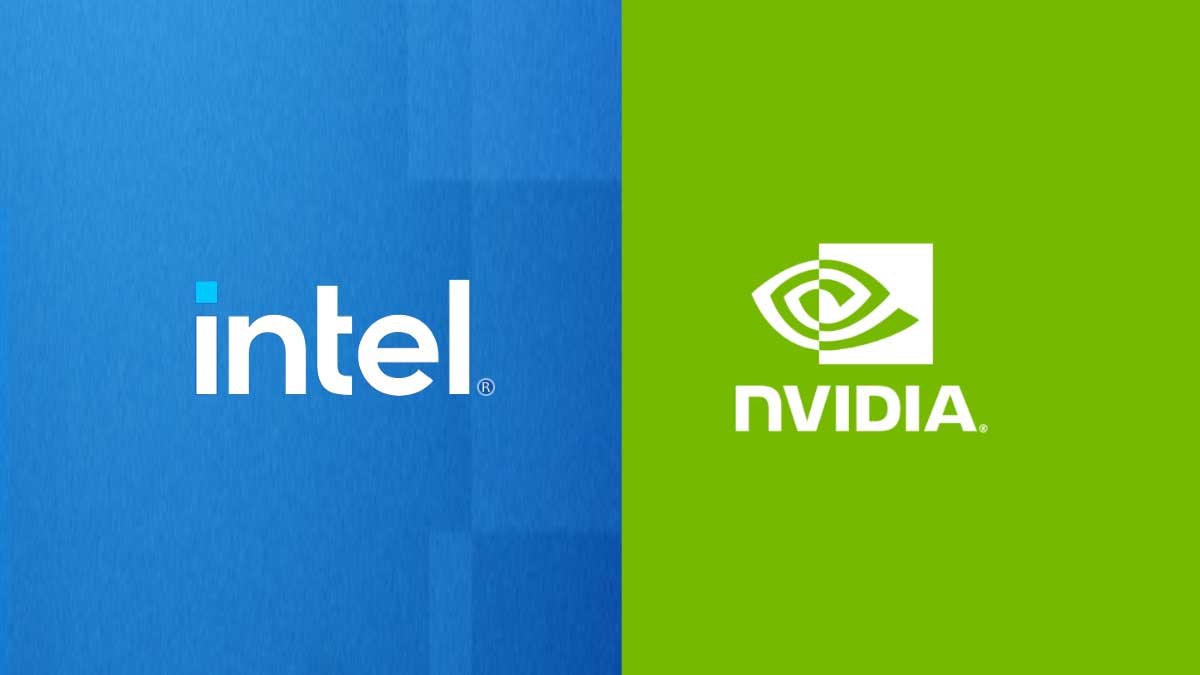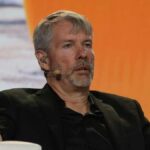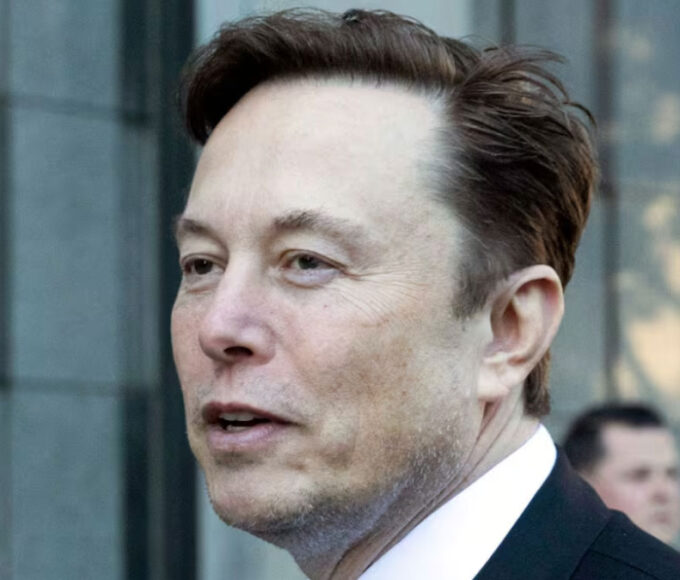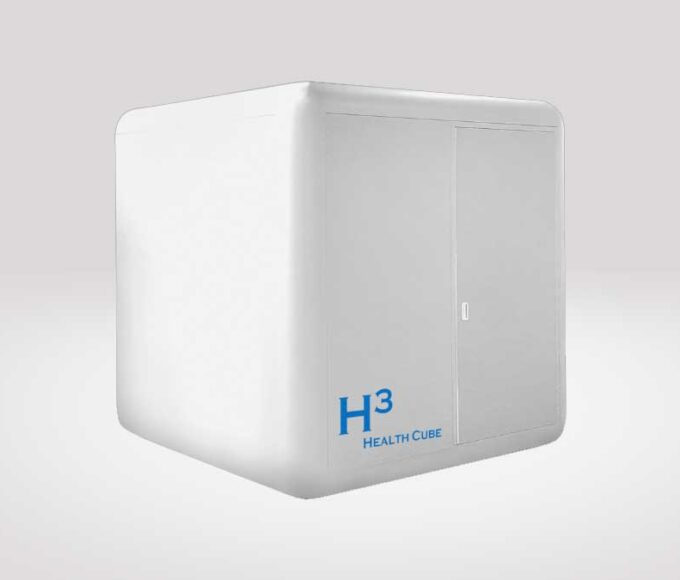- Home
- Billionaires
- Investing Newsletters
- 193CC 1000
- Article Layout 2
- Article Layout 3
- Article Layout 4
- Article Layout 5
- Article Layout 6
- Article Layout 7
- Article Layout 8
- Article Layout 9
- Article Layout 10
- Article Layout 11
- Article Layout 12
- Article Layout 13
- Article Layout 14
- Article Sidebar
- Post Format
- pages
- Archive Layouts
- Post Gallery
- Post Video Background
- Post Review
- Sponsored Post
- Leadership
- Business
- Money
- Small Business
- Innovation
- Shop
Recent Posts
What Healthcare Can Learn from Nvidia’s Success

The tech industry is undergoing a seismic transformation, with two of its giants, Nvidia and Intel, on starkly divergent paths. Nvidia, once a niche player in graphics processing, has ascended to become the world’s most valuable company, surpassing Apple and Microsoft in market capitalization. Meanwhile, Intel, a former leader in computing innovation, has seen its stock price tumble, its CEO step down, and its place in the Dow Jones Industrial Average handed over to Nvidia. At first glance, the contrasting fortunes of these companies might appear unrelated to healthcare. However, the strategic choices that led to Nvidia’s dominance and Intel’s decline offer crucial insights for an industry grappling with mounting challenges.
Healthcare is at a critical juncture. Half of the population cannot afford necessary medical care, patient satisfaction is at its lowest point in 20 years, and government initiatives to cut healthcare spending are intensifying. These pressures demand urgent adaptation from healthcare professionals. Those who fail to adjust risk jeopardizing both their livelihoods and the well-being of their patients. The lessons from Nvidia’s strategic success highlight the importance of innovation and bold decision-making in navigating such transformative challenges.
Nvidia’s rise was driven by its ability to identify and capitalize on emerging opportunities, a lesson with direct relevance to healthcare. Initially focused on creating graphics processing units (GPUs) for video games, Nvidia realized the broader potential of these chips. Unlike traditional central processing units (CPUs), GPUs excel at parallel processing, enabling them to handle massive amounts of data simultaneously. This adaptability has made GPUs indispensable for generative AI applications, including natural language processing and large-scale data analysis. Nvidia’s strategic pivot not only reshaped its market position but also redefined the possibilities of computing. In contrast, Intel clung to its traditional CPU business, failing to adapt to changing demands and ultimately losing its competitive edge.
For healthcare professionals, the parallels are clear. The traditional fee-for-service model, which incentivizes volume over outcomes, is no longer sustainable. Chronic diseases such as diabetes and hypertension now account for the majority of healthcare costs and conditions, replacing acute illnesses as the primary focus of medical care. Addressing these chronic conditions effectively requires a shift in both strategy and technology. By preventing and managing these diseases more efficiently, clinicians could significantly reduce complications and save billions of dollars annually. This shift demands a reimagining of care delivery, much like Nvidia’s transformation of its product offerings to meet future needs.
Adapting to this new landscape will require healthcare professionals to embrace risk and innovation. Historically, bold decisions have driven success in times of disruption. When Intel faced declining profits in the memory chip market, its leaders made the risky decision to pivot to microprocessors, a move that secured the company’s dominance for decades. Similarly, healthcare must transition from reactive, episodic care to a more proactive, continuous model. Emerging technologies such as wearable devices and AI-powered tools can enable real-time monitoring and intervention, empowering patients while reducing the burden on clinicians.
This transformation also necessitates changes in how healthcare is funded. The fee-for-service model must give way to value-based care, where providers are rewarded for improving patient outcomes rather than simply increasing the number of procedures performed. Such a shift aligns financial incentives with the goal of preventing life-threatening complications and promoting overall health. While challenging, this transition is essential for the long-term sustainability of the healthcare system and the well-being of its practitioners.
The stakes for healthcare professionals are enormous. Many clinicians, frustrated by financial strain and burnout, have sought refuge in hospital employment or private equity arrangements, only to find these paths offer limited relief. Restoring autonomy and improving outcomes will require a collective commitment to change. This includes forming larger physician groups, prioritizing primary care, and leveraging advanced technologies to meet the evolving needs of patients. These efforts will demand significant investments of time and resources, but the potential rewards—for both clinicians and the broader healthcare system—are immense.
The story of Nvidia and Intel underscores a universal truth: change is inevitable, and those who fail to adapt risk irrelevance. Andy Grove, Intel’s former CEO, famously observed that companies often falter not because they are wrong, but because they hesitate to commit fully to necessary change. The healthcare industry is now at a similar tipping point. Professionals who embrace innovation and take decisive action will thrive, while those who cling to outdated practices will face increasing challenges.
Healthcare must learn from the successes and failures of the tech industry. By adopting a forward-thinking approach and embracing new models of care, the industry can overcome its current challenges and secure a brighter future. The time to act is now, and the choices made today will determine whether healthcare emerges stronger or succumbs to the pressures of an evolving world.
Recent Posts
Categories
- 193 Countries Consortium Partner1
- 193cc Digital Assets2
- 5G1
- Aerospace & Defense48
- AI37
- Arts3
- Banking & Insurance11
- Big Data3
- Billionaires1,467
- Boats & Planes1
- Business332
- Careers13
- Cars & Bikes79
- CEO Network1
- CFO Network17
- CHRO Network1
- CIO Network1
- Cloud10
- CMO Network18
- Commercial Real Estate7
- Consultant1
- Consumer Tech194
- CxO1
- Cybersecurity73
- Dining1
- Diversity, Equity & Inclusion4
- Education7
- Energy8
- Enterprise Tech29
- Events11
- Fintech1
- Food & Drink2
- Franchises1
- Freelance1
- Future Of Work2
- Games149
- GIG1
- Healthcare79
- Hollywood & Entertainment203
- Houses1
- India’s 1000 Richest1
- Innovation46
- Investing2
- Investing Newsletters4
- Leadership65
- Lifestyle11
- Manufacturing1
- Markets20
- Media327
- Mobile phone1
- Money13
- Personal Finance2
- Policy569
- Real Estate1
- Research6
- Retail1
- Retirement1
- Small Business1
- SportsMoney42
- Style & Beauty1
- Success Income1
- Taxes2
- Travel10
- Uncategorized14
- Vices1
- Watches & Jewelry2
- world's billionaires1,436
- Worlds Richest Self-Made Women2
Related Articles
Musk Endorses Mounjaro, Backs Affordable Weight-Loss Drugs
Elon Musk, the CEO of Tesla, made headlines on Christmas Day with...
By 193cc Agency CouncilDecember 27, 2024Salmonella Triggers Recalls of Costco Eggs and Cucumbers
The recent salmonella outbreak has prompted the recall of two major food...
By 193cc Agency CouncilNovember 30, 2024Bird Flu Found in Raw Milk in California, Recall Issued
California health authorities have confirmed the presence of the bird flu virus...
By 193cc Agency CouncilNovember 25, 2024UniDoc Health Launches Mobile ‘Health Cube’ for Remote Care
UniDoc Health, a Vancouver-based company, is revolutionizing healthcare accessibility with the launch...
By 193cc Agency CouncilNovember 23, 2024















Leave a comment